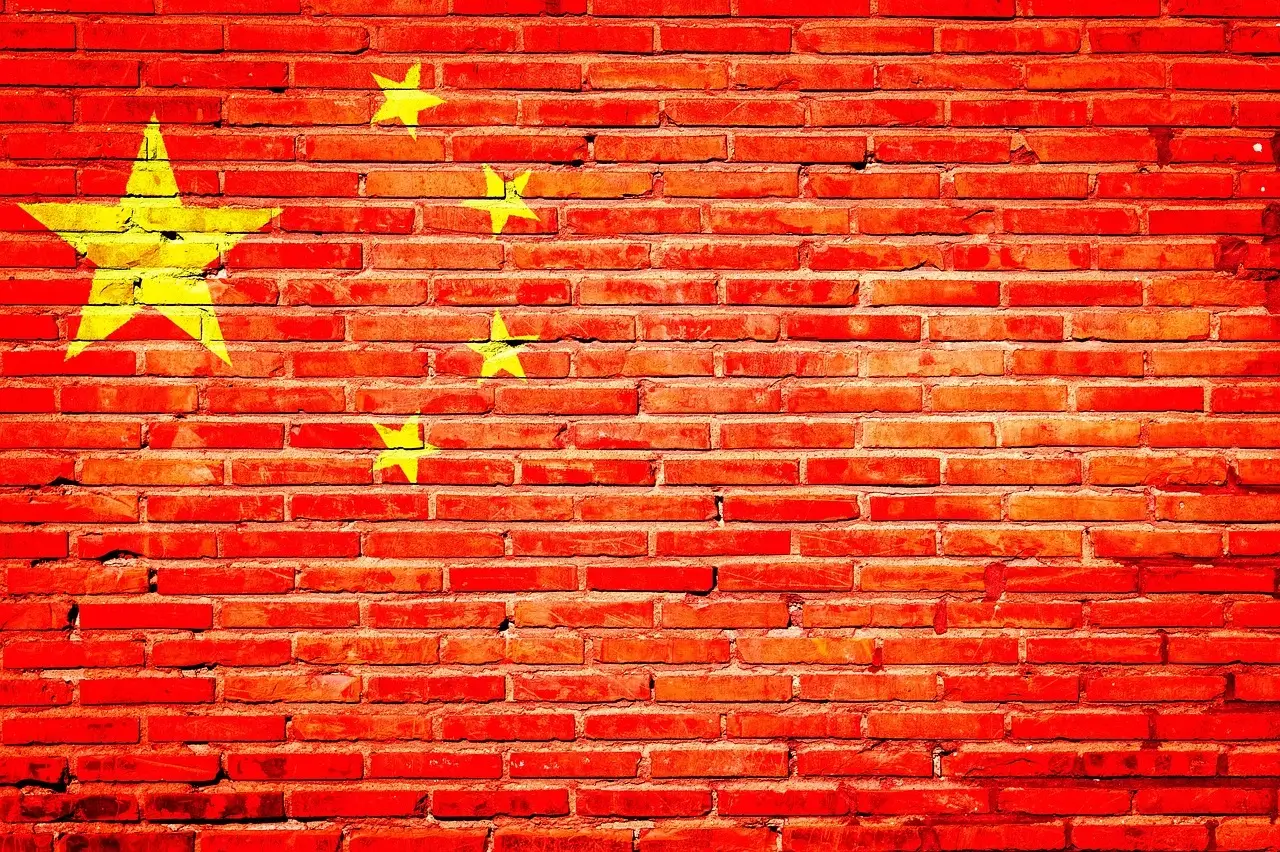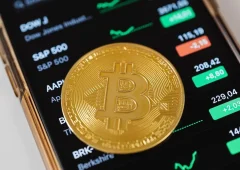China Launches Over $80 Billion Funding Initiative to Boost Capital Markets
10.10.2024 17:00 1 min. read Kosta Gushterov
The People’s Bank of China (PBOC) has launched a $70.6 billion initiative to strengthen its capital markets, enabling financial institutions like brokers and mutual funds to secure liquidity for stock purchases using their existing holdings as collateral.
Participants can leverage assets such as bonds and stock ETFs to obtain treasury bonds and central bank bills. Governor Pan Gongsheng indicated that if the program is successful, an additional ¥500 billion could be added ($70.6 billion), raising total liquidity support beyond ¥1 trillion.
This initiative seeks to address ongoing declines in the Chinese stock market and restore investor confidence amid broader economic challenges. Following the announcement, Chinese stock indices experienced rallies, positively affecting US and European markets.
In the crypto realm, Bitcoin initially rose in response to China’s stimulus and US interest rate cuts but later retreated due to a lack of new measures from China.
Despite market volatility, the launch of this stimulus plan is anticipated to bolster Bitcoin’s performance, as similar past actions have led to substantial price increases.
Currently, Bitcoin is priced around $60,800. Traders are awaiting the September Consumer Price Index (CPI) report, scheduled for release tomorrow, which is expected to show a slight decrease in year-over-year inflation from 2.5% to 2.3%.
-
1
Binance Could Introduce Golden Visa Option for BNB Investors Inspired by TON
07.07.2025 8:00 1 min. read -
2
Weekly Recap: Key Shifts and Milestones Across the Crypto Ecosystem
06.07.2025 17:00 4 min. read -
3
Trump Imposes 50% Tariff on Brazil: Political Tensions and Censorship at the Center
10.07.2025 7:00 2 min. read -
4
Key Crypto Events to Watch in the Next Months
20.07.2025 22:00 2 min. read -
5
USA Imposes Tariffs on Multiple Countries: How the Crypto Market Could React
08.07.2025 8:30 2 min. read
Robert Kiyosaki Warns: ETFs Aren’t The Real Thing
Renowned author and financial educator Robert Kiyosaki has issued a word of caution to everyday investors relying too heavily on exchange-traded funds (ETFs).
Bitwise CIO: The Four-Year Crypto Cycle is Breaking Down
The classic four-year crypto market cycle—long driven by Bitcoin halvings and boom-bust investor behavior—is losing relevance, according to Bitwise CIO Matt Hougan.
Strategy to Raise Another $2.47 Billion for Bitcoin Acquisition
Strategy the company formerly known as MicroStrategy, has announced the pricing of a new $2.47 billion capital raise through its initial public offering of Variable Rate Series A Perpetual Stretch Preferred Stock (STRC).
AI Becomes Gen Z’s Secret Weapon for Crypto Trading
A new report from MEXC reveals a striking generational shift in crypto trading behavior: Gen Z traders are rapidly embracing AI tools as core components of their strategy.
-
1
Binance Could Introduce Golden Visa Option for BNB Investors Inspired by TON
07.07.2025 8:00 1 min. read -
2
Weekly Recap: Key Shifts and Milestones Across the Crypto Ecosystem
06.07.2025 17:00 4 min. read -
3
Trump Imposes 50% Tariff on Brazil: Political Tensions and Censorship at the Center
10.07.2025 7:00 2 min. read -
4
Key Crypto Events to Watch in the Next Months
20.07.2025 22:00 2 min. read -
5
USA Imposes Tariffs on Multiple Countries: How the Crypto Market Could React
08.07.2025 8:30 2 min. read


